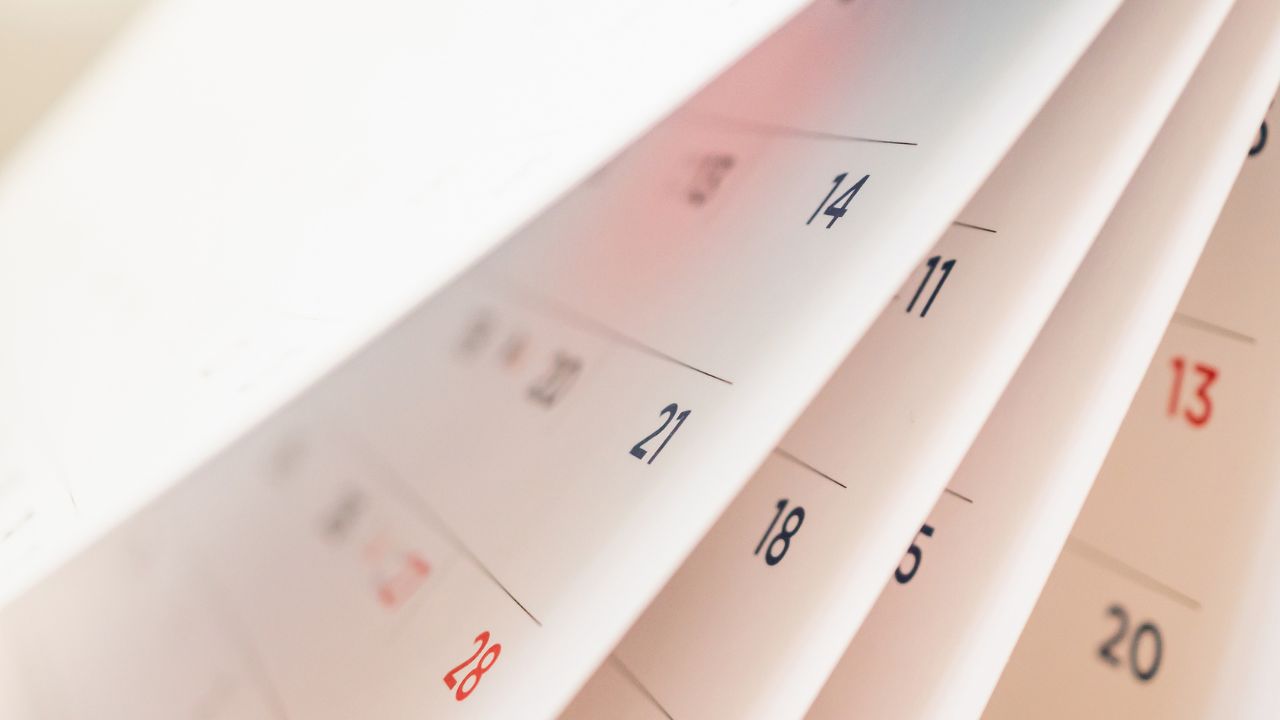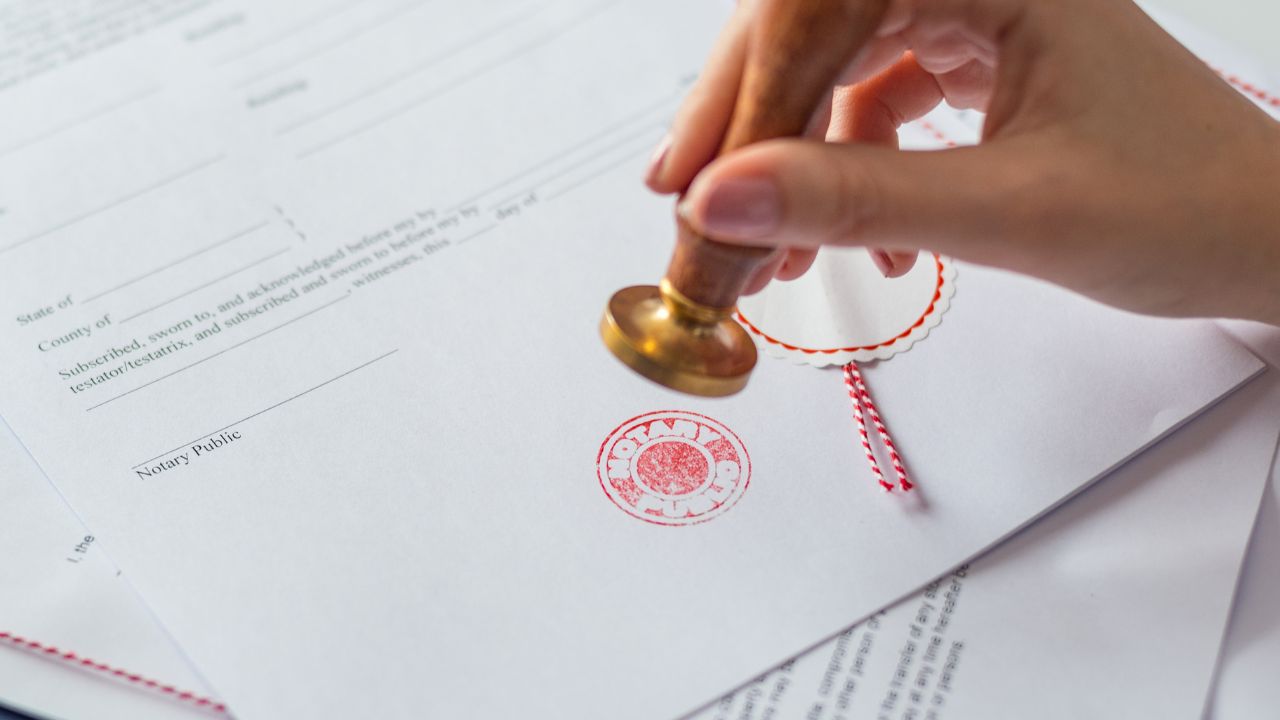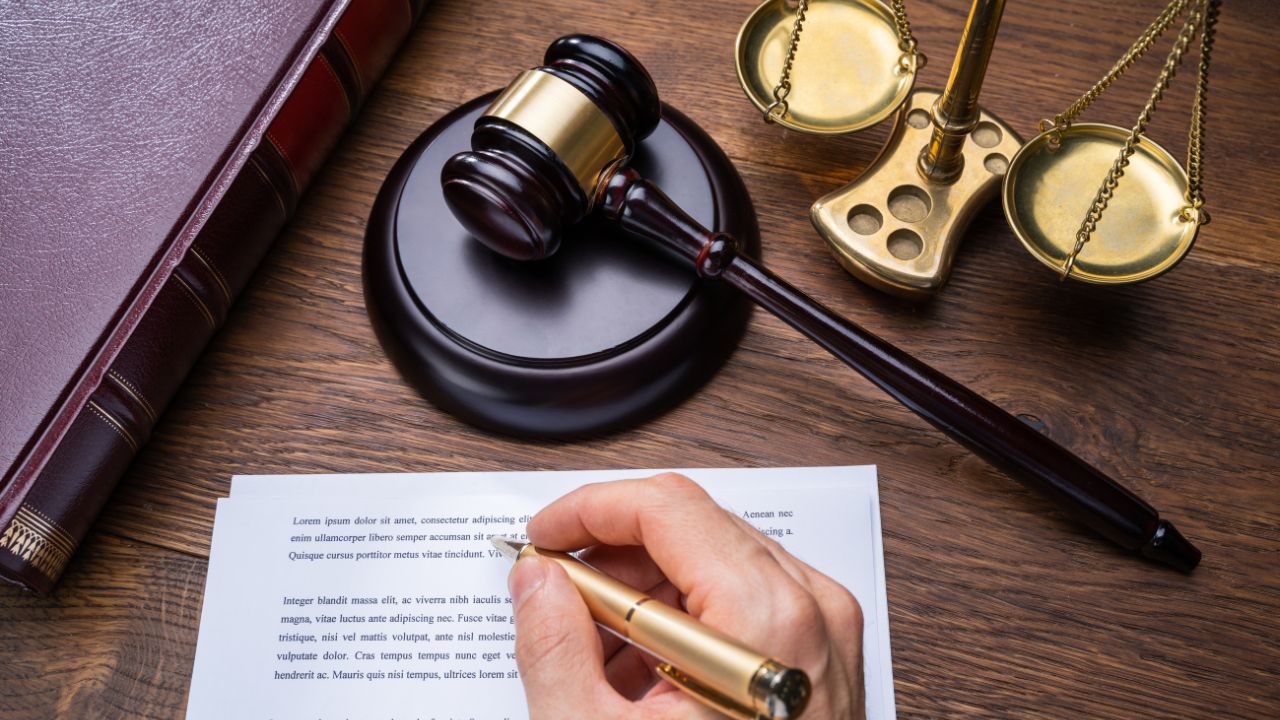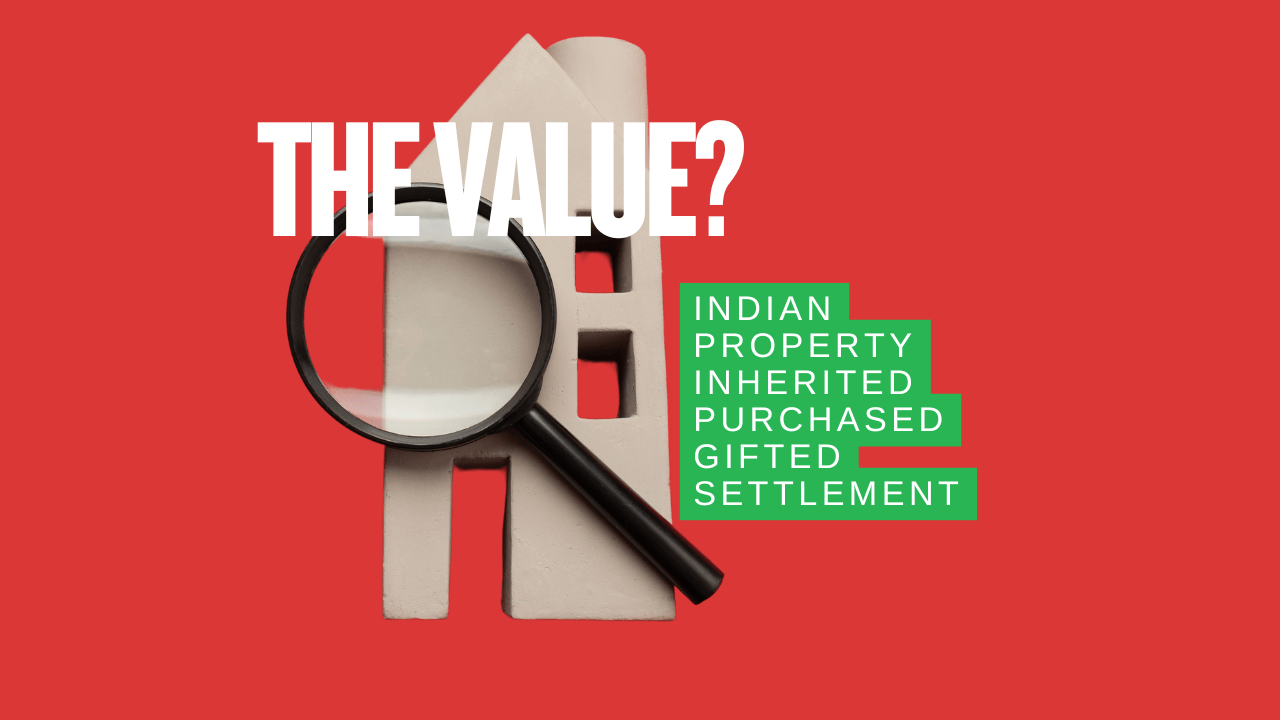An Indian power of attorney (POA) document is a useful tool for individuals who wish to efficiently deal with various aspects of their property or legal matters in India. Such a document is legally binding upon the grantor and must always be drafted professionally by an experienced individual who is familiar with the nuances of the Indian legal system. In this post, we delve into the documentation required to make a valid Indian power of attorney document in the UK.
Essential Documents for the Grantor of an Indian POA
To create a valid POA, both the grantor (the individual giving the power, also known as the principle) and the attorney (who acts on behalf of the grantor) must provide specific documents. For the grantor, these typically include:
- Recent passport-size photograph
- Valid passport
- Proof of immigration status (if not a citizen of the UK)
- Recent proof of address, such as a valid driving license or council tax bill.
Depending on the individual circumstances, further documentation may be required. For example, if the POA is intended to deal with an immovable property such as a house or apartment, then it may be recommended to include the details of the property which are specified in the relevant documents (such as a sale deed or title deed).
Ensuring the validity of your documentation is crucial during the attestation process. If your passport has expired, it’s necessary to renew it before proceeding. Typically, your passport should have at least six months of validity remaining for the attestation process. However, if your passport expires after the Power of Attorney has been validated, there’s no need to update it or your address, provided you acquired new ones following the proper attestation of the document.
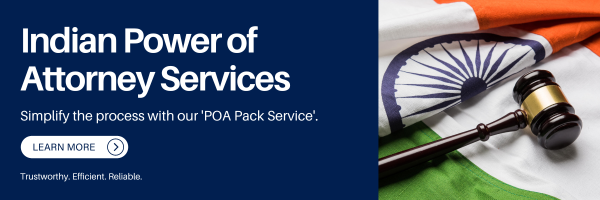
Required Documents for the Attorney in Indian POA
The documents needed for the Attorney vary depending on their residency. For instance, if the Attorney is an Indian national living in India, a valid passport along with proof of address or an Aadhaar card is sufficient. However, if the Attorney is a non-resident Indian (NRI) or a non-Indian national residing outside of India, they must provide a valid passport, visa proof, and address evidence.
The specific documentary requirements for an Attorney may differ in India. If unsure, it’s advisable to reach out to the registering authority to clarify the necessary documents.
Witness Documentation for an Indian Power of Attorney
Under Indian Law, a valid power of attorney must be endorsed by two witnesses, they will require the following documentation:
- Valid British passport. If non-UK national then a valid passport along with evidence of immigration status
- Proof of address, for example, a recent utility bill.
Process for Validating Indian Power of Attorney Documents in the UK
A valid Indian POA document format should clearly state the powers given to the attorney (the person acting on your behalf) and must be printed on stamp paper or plain paper.
While the concept of a POA might seem familiar, the process and documentation required for India differ significantly from those in the UK. Creating a POA for India from the UK follows a distinct process. Unlike a POA to be utilised in the UK, Indian POAs must follow Indian law and meet standards set by Indian authorities. This involves using specific formats and documentation required by Indian regulations to ensure the POA’s validation.
The primary applicant, i.e., the grantor, is responsible for submitting the necessary documents to the appropriate authorities and following the legal process of validating the POA. Lastly, the Attorney is responsible for having the document registered with the appropriate Indian authorities.
How Whytecroft Ford Can Help
Navigating the process of creating a Power of Attorney for India from the UK can be complex, but understanding the specific requirements and documentation is key to ensuring its legality and effectiveness. By adhering to Indian legal standards and providing the necessary documents, you can establish a valid POA that empowers your attorney to act on your behalf with confidence and legitimacy.
Our experienced professionals may assist you with the process of preparing an Indian Power of Attorney. Contact our team on 0208 757 5751 or use our contact form.


